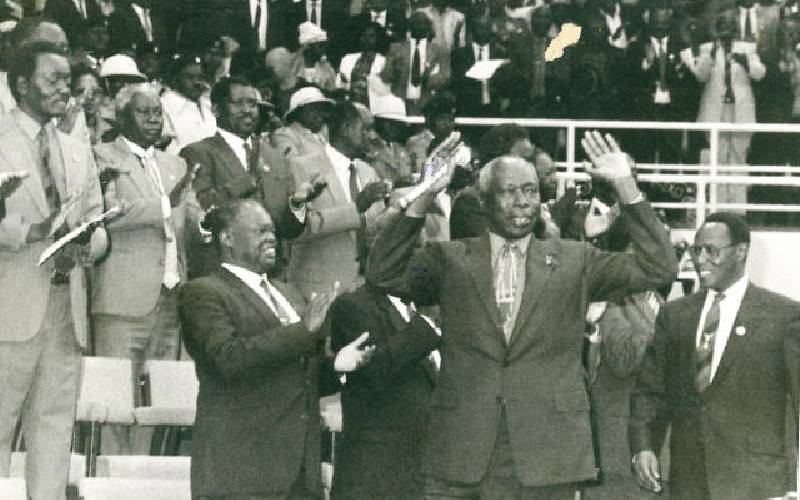×
The Standard e-Paper
Home To Bold Columnists

Many Kenyans are waiting with bated breath for the outcome of two historic gatherings expected at the Kasarani sports complex in a few days.
First is the Friday ODM party jamboree, where 6,000 delegates are expected to endorse Raila Odinga as the party's flag-bearer in next year's presidential race.